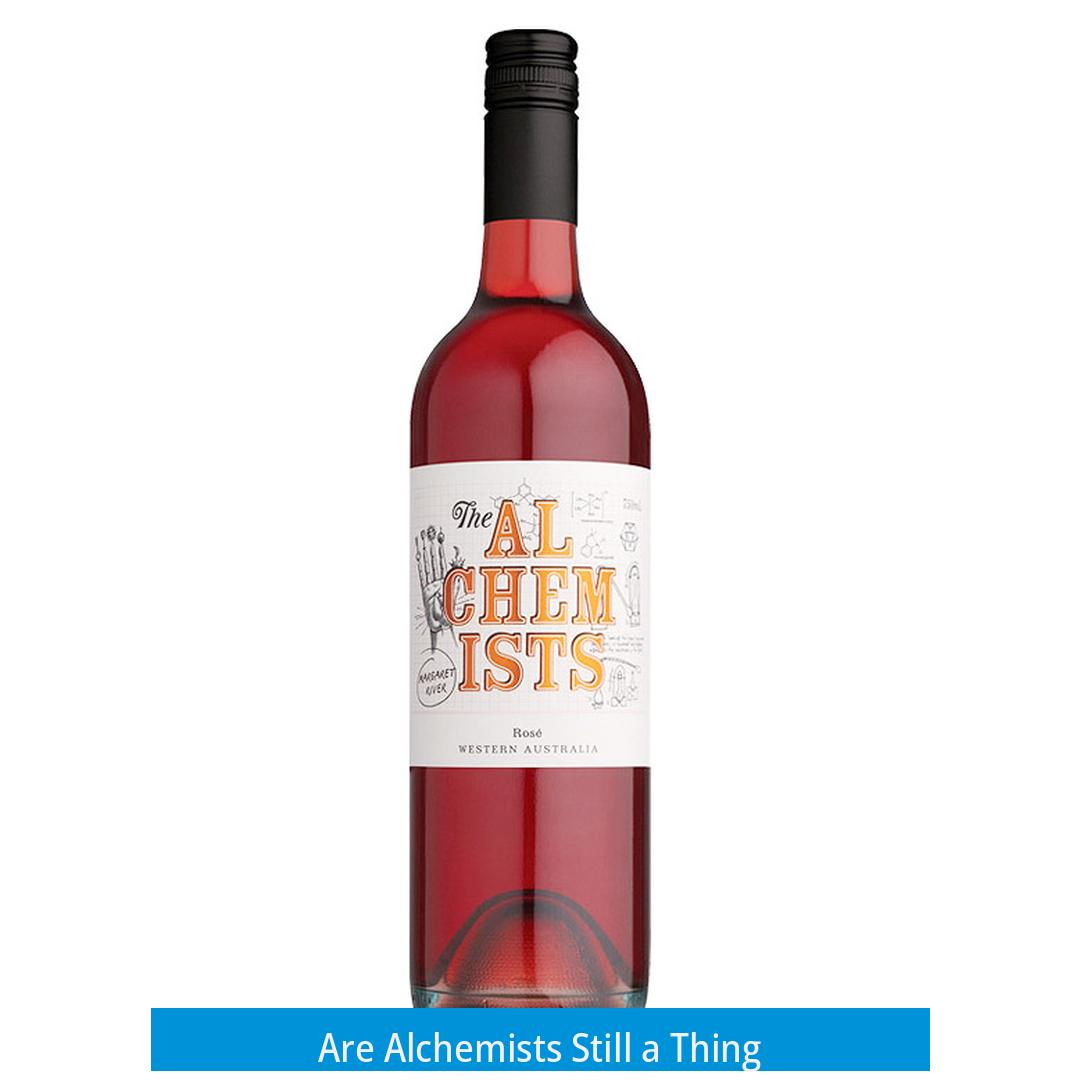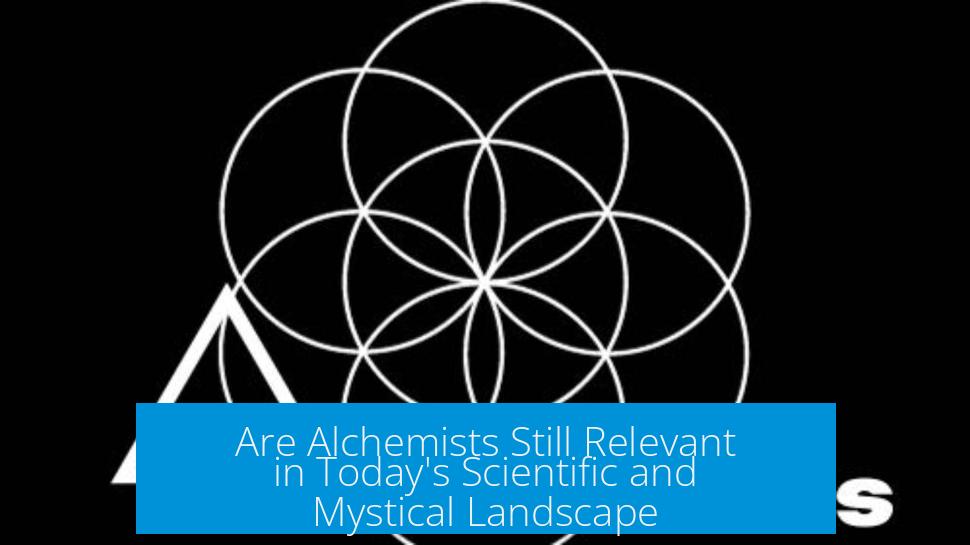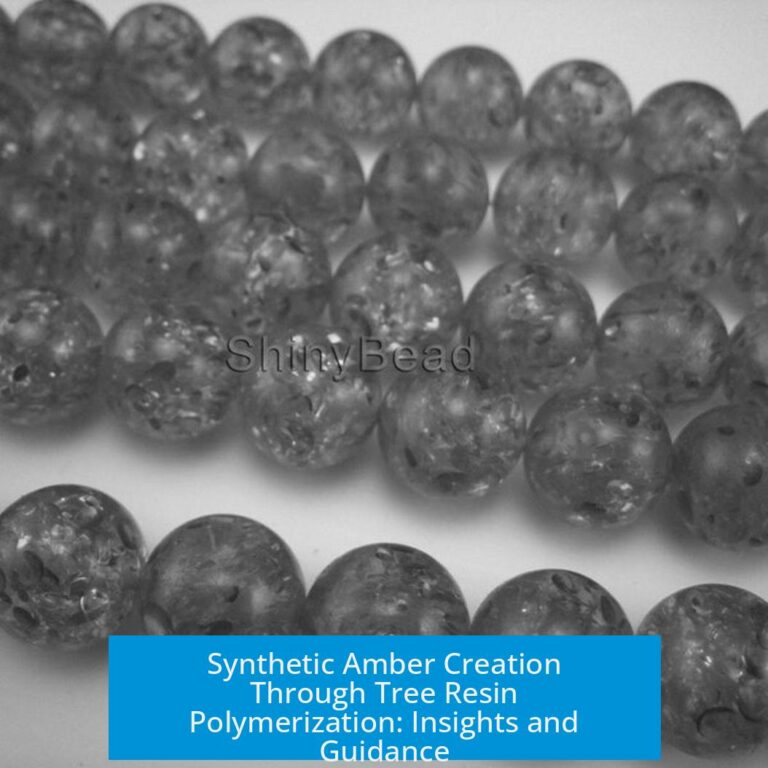Are Alchemists Still a Thing?

Traditional alchemists, as known in antiquity, no longer exist today; their practices evolved into modern chemistry and science, while the mystical aspect of alchemy persists only in fringe and cultural niches.
Historical Evolution of Alchemy
Alchemy began as a blend of early chemical experimentation intertwined with mysticism, astrology, and spiritual beliefs. Ancient practitioners used symbolic language borrowed from these fields to describe substances and reactions. For instance, alcohols like ethanol and methanol are historically called “spirits” due to this legacy.
As empirical methods developed, alchemy split:
- One branch abandoned mysticism and focused on observable chemical phenomena, evolving into modern chemistry.
- Another branch retained mystical beliefs, transforming into occult or esoteric practices that gradually lost scientific legitimacy.
This split marks the end of classical alchemy as a serious scientific pursuit.
Modern Science and “Alchemy”
Today, the legacy of alchemy lives on scientifically in fields like chemistry, biochemistry, and medical research. Computational chemists and biomedical researchers could be viewed as contemporary alchemists due to their transformations of matter and efforts to improve life.
This connection is more metaphorical and symbolic than a continuation of ancient alchemy. Modern “alchemists” apply rigorous science without mystical elements.
Contemporary Mystical Alchemy
While scientific alchemy evolved, mystical or “hermetic” alchemy survives in certain alternative belief systems. These include:
- Sporadic modern interest in spiritual or philosophical alchemy, often associated with astrology and floral therapy.
- Products labeled as “spargyric alchemy,” representing traditional alchemical preparations sold commercially in some regions.
- Practices resembling homeopathy and essential oils, combining chemical mixtures with magical thinking.
Such movements remain marginal and are typically regarded as pseudoscience by the scientific community.
Cultural References
Alchemy still appears in popular culture, anime, and humor, often symbolizing transformation or mystery rather than genuine practice. References to “the sorcerer’s stone” or philosopher’s stone reflect this cultural echo rather than current scientific reality.
Key Takeaways
- Traditional alchemists no longer exist; their work gave rise to modern chemistry.
- Contemporary chemistry and medical research continue to transform materials, symbolically echoing alchemy.
- Mystical alchemy persists in fringe spiritual and pseudoscientific practices without scientific basis.
- Alchemical ideas remain popular in culture but not as a credible discipline.
Are there people who still practice traditional alchemy today?
Traditional alchemy as a serious pursuit ended centuries ago. Most original alchemists evolved into modern chemists. Few people engage in alchemy seriously now, except in fringe mystical or occult groups.
How is modern chemistry connected to alchemy?
Chemistry grew directly from alchemy. Early alchemists’ experiments helped shape chemical science. Today’s chemists use precise methods, rejecting mystical ideas alchemists once embraced.
What are some current forms of alchemy or similar practices?
Modern “alchemy” often appears as homeopathy, essential oils, or spiritual healing. Some niche markets sell “spargyric alchemy” products. These combine chemical substances with mystical beliefs.
Do scientists consider themselves alchemists in any way?
Some scientists jokingly call themselves alchemists when working on life quality, like biomedicine or computational chemistry. This connects old experimenters with modern researchers.
Why did alchemy lose its status as a science?
Alchemy split over fact and mysticism. Those focusing on facts became chemists. The mystical side declined as an occult practice and faded as science advanced.





Leave a Comment